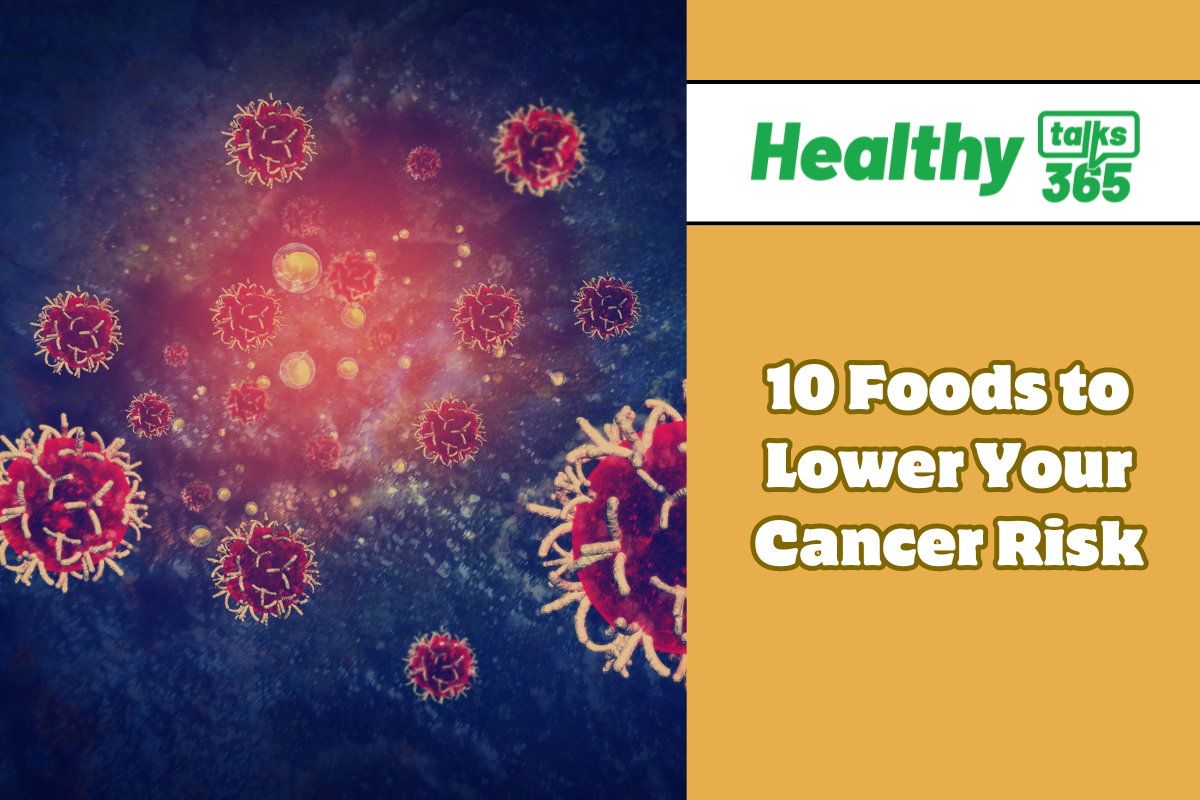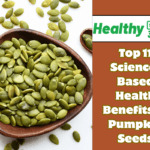10 Foods to Lower Your Cancer Risk
1. Broccoli lowers the risk of cancer
Broccoli is widely recognized for its potential to lower the risk of cancer. This cruciferous vegetable is rich in sulforaphane, a compound that has been shown to have powerful anti-cancer properties. Sulforaphane helps to detoxify harmful substances in the body, supports the immune system, and reduces inflammation. Regular consumption of broccoli can aid in preventing the growth of cancer cells and may reduce the risk of cancers such as breast, prostate, and colon cancer. Including broccoli in your diet is a simple yet effective way to harness its protective benefits.
Read Also:
Healthy Foods For Keeping Healthy Weight In Winters Cold
2. Berries protect against cancer
Berries, including strawberries, blueberries, raspberries, and blackberries, are packed with antioxidants and phytonutrients that protect against cancer. These fruits contain compounds like ellagic acid and anthocyanins, which have been shown to inhibit the growth of cancer cells and reduce oxidative stress. The high fiber content in berries also helps to eliminate toxins from the body. Regularly eating a variety of berries can boost your antioxidant intake and provide a delicious way to enhance your cancer defense.

3. Tomatoes are good for protection against cancer
Tomatoes are an excellent food for protection against cancer, primarily due to their high content of lycopene. Lycopene is a powerful antioxidant that helps to neutralize free radicals and protect cells from damage. Studies have shown that lycopene can reduce the risk of prostate, lung, and stomach cancers. Cooking tomatoes, such as in sauces and soups, enhances the availability of lycopene, making it easier for your body to absorb and utilize. Including tomatoes in your meals can offer substantial cancer-fighting benefits.
4. Leafy green vegetables reduce the risk of various types of cancer
Leafy green vegetables, such as spinach, kale, and collard greens, are loaded with vitamins, minerals, and antioxidants that reduce the risk of various types of cancer. These vegetables are rich in folate, carotenoids, and flavonoids, which help protect cells from damage and inhibit the growth of cancer cells. The high fiber content in leafy greens also supports detoxification processes in the body. Regular consumption of these nutrient-dense vegetables can provide robust protection against cancer.
Read Also:
5. Garlic helps in preventing cancer
Garlic is known for its strong anti-cancer properties. It contains sulfur compounds, such as allicin, that have been shown to block the formation of cancer-causing substances and enhance DNA repair. Garlic also boosts the immune system, helping the body to fight off potential cancer cells. Consuming garlic regularly, whether raw, cooked, or in supplement form, can contribute to cancer prevention and overall health improvement.
In addition to its anti-cancer properties, garlic enhances immune function by stimulating the activity of immune cells. Garlic’s sulfur compounds and antioxidants help strengthen the immune system’s ability to defend against infections and illnesses. By supporting immune responses, garlic promotes overall immune health and enhances the body’s natural defense mechanisms.
6. Nuts and seeds reduce the risk of cancer
Nuts and seeds, including almonds, walnuts, flaxseeds, and chia seeds, are nutrient-rich foods that can reduce the risk of cancer. They contain healthy fats, fiber, vitamins, and minerals that support immune function and cell health. Nuts and seeds are also high in antioxidants and phytochemicals, which help protect against cellular damage and inflammation. Incorporating a variety of nuts and seeds into your diet can provide essential nutrients and help lower your cancer risk.
7. Fatty fish is a cancer resistant food
Fatty fish, such as salmon, mackerel, and sardines, are considered cancer-resistant foods due to their high omega-3 fatty acid content. Omega-3s have anti-inflammatory properties and have been shown to inhibit the growth of cancer cells. Fatty fish is also a good source of vitamin D, which plays a role in regulating cell growth and reducing cancer risk. Including fatty fish in your diet a few times a week can provide these protective benefits and support overall health.
8. Green tea reduces the risk of cancer
Green tea is celebrated for its ability to reduce the risk of cancer. It contains polyphenols, particularly catechins, which have strong antioxidant properties. These compounds help to prevent cell damage, inhibit tumor growth, and enhance the body’s detoxification processes. Drinking green tea regularly can contribute to lower risks of breast, prostate, and colorectal cancers. Enjoying several cups of green tea each day can be a simple and refreshing way to protect against cancer.

9. Whole grains provide protection against cancer
Whole grains, such as brown rice, quinoa, oats, and whole wheat, provide protection against cancer by supplying essential nutrients and fiber. The fiber in whole grains helps to keep the digestive system healthy and reduces the risk of colorectal cancer. Whole grains also contain antioxidants and phytonutrients that support overall cellular health and protect against oxidative stress.
Whole grains are rich in vitamins and minerals that support overall health and well-being. They contain essential nutrients such as B vitamins (like folate and niacin), magnesium, and zinc, which play crucial roles in cellular function and metabolism. These nutrients contribute to maintaining a strong immune system, which is essential for fighting off infections and diseases, including cancer. By providing a diverse array of vitamins and minerals, whole grains support the body’s natural defenses and promote optimal health.
Read Also:
Quick and Healthy Breakfast Ideas for a Busy Morning
10. Turmeric helps prevent cancer
Turmeric, with its active compound curcumin, is known to help prevent cancer. Curcumin has powerful anti-inflammatory and antioxidant properties that can inhibit the growth and spread of cancer cells. It also promotes apoptosis, the process by which the body eliminates damaged or abnormal cells.
Turmeric possesses potent anti-inflammatory properties that contribute to its ability to prevent cancer. Chronic inflammation is linked to the development of cancer by promoting cell proliferation and genetic mutations. Curcumin, the active compound in turmeric, inhibits inflammatory pathways and reduces the production of inflammatory molecules. By suppressing inflammation, turmeric helps create an environment less conducive to cancer growth and progression. Incorporating turmeric into your diet can support overall health and reduce the risk of inflammatory-driven cancers.




